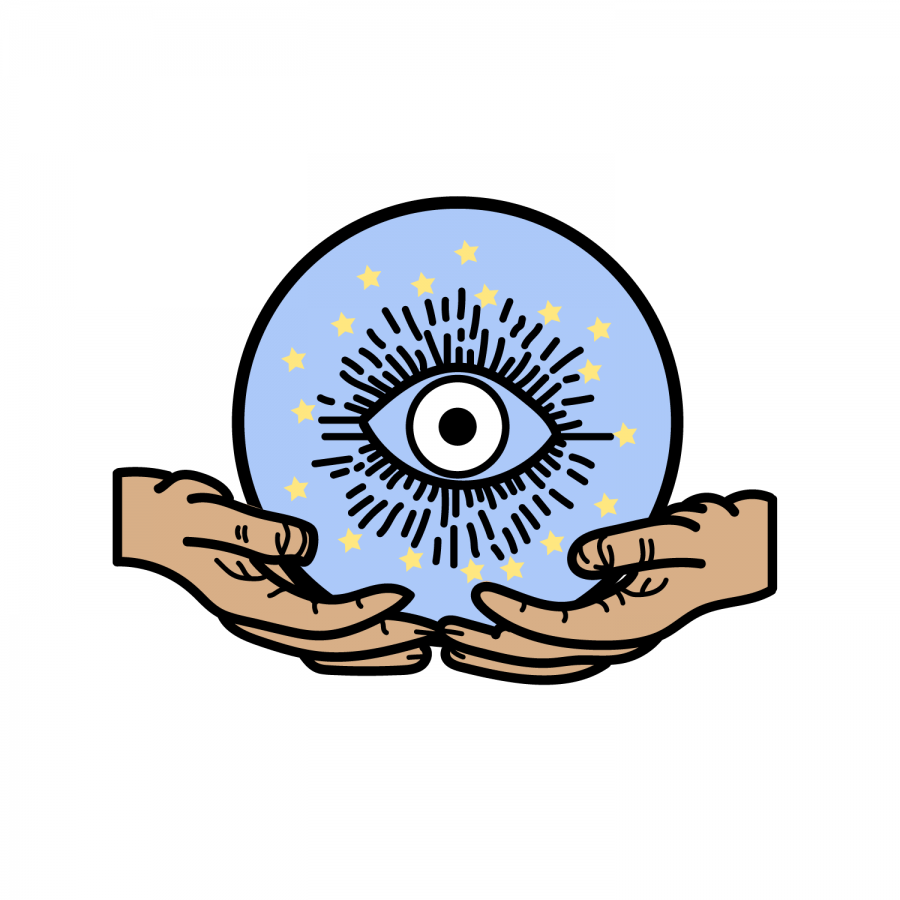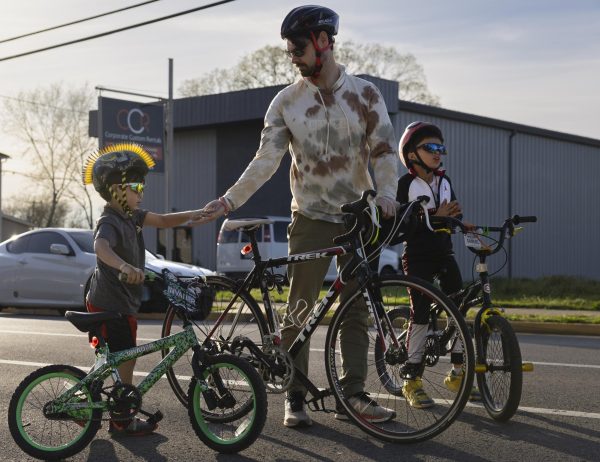Who you gonna call?: Folklore class explores everything spooky
November 19, 2019
We’ve all heard tales about vampires, ghosts, aliens and other monsters. But did you know WKU offers a class exploring these supernatural creatures?
FLK 275, or supernatural folklore, gives students the opportunity to learn about society’s beliefs in the supernatural and why these beliefs have persisted over time. Besides monsters, the class also dedicates time to learning about superstition, witchcraft and other religious beliefs.
The course fulfills a requirement for the explorations category of the Colonnade program and counts toward the folklore minor as well. It teaches students how superstitious beliefs and practices are important to people despite the ridiculous way they are traditionally portrayed.
Kate Horigan, an assistant professor of folk studies, has taught the course in the past and will teach it again next semester. She believes approaching the concept of superstitions in a scholarly way helps students make sense of a part of the human experience that is often dismissed or stigmatized.
“Students are really excited by the subject matter,” Horigan said. “Often by the end of the semester, they leave with a new understanding of a personal experience with the supernatural or a transformed view of popular culture that deals with supernatural themes.”
Jennifer Roberts, a senior majoring in cultural anthropology, took the class with Horigan last semester. She said she enjoyed how diverse the course material was, giving her insight into subjects she normally wouldn’t investigate on her own.
“It made class fun,” Roberts said. “I always liked to end my day with that class, because it wasn’t the usual class I’d take.”
While the course material is often entertaining for its unusual nature, the class also covers in-depth topics such as what kind of evidence is used to reach conclusions about the world around us and what it means to be human.
Students may expect to get hands-on experience in collecting and interpreting supernatural folklore using the methods of folk studies.
Horigan said she hopes students leave the class with an appreciation for the cultural context of supernatural phenomena.
“It is an important piece of understanding historical and contemporary contexts where supernatural beliefs have played a central role, such as the persecution of witches,” Horigan said.
Folk studies professor Erika Brady is teaching the class this semester and has taught it over the course of about 30 years.
“I think it’s important to understand how culture, community and personal experience may shape knowledge and beliefs that are perfectly healthy and plausible,” Brady said.
Brady said supernatural folklore is one of the classes her students tend to remember most vividly. She has kept in contact with students who took the class as far back as 1992.
“I love the chance to connect with students on matters that are important to them,” Brady said. “Even lighthearted things like their own superstitions that they know are silly. We laugh a lot in class.”
Features reporter Kelley Holland can be reached at [email protected].

























